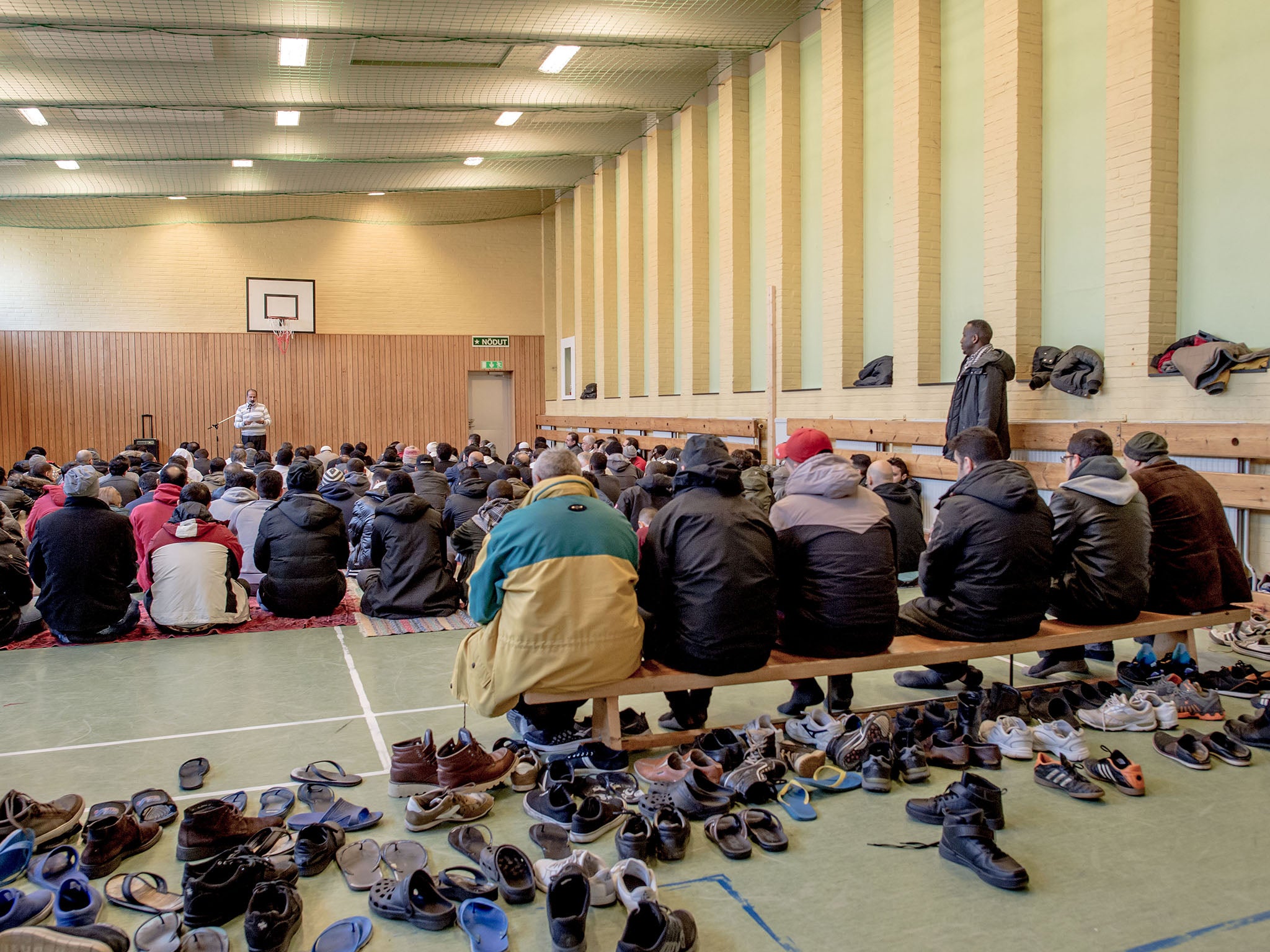Laws restricting refugees' rights in Sweden spark backlash as thousands take to the streets
New laws mean child asylum seekers have to prove their age and refugees do not have permanent right to remain

Your support helps us to tell the story
From reproductive rights to climate change to Big Tech, The Independent is on the ground when the story is developing. Whether it's investigating the financials of Elon Musk's pro-Trump PAC or producing our latest documentary, 'The A Word', which shines a light on the American women fighting for reproductive rights, we know how important it is to parse out the facts from the messaging.
At such a critical moment in US history, we need reporters on the ground. Your donation allows us to keep sending journalists to speak to both sides of the story.
The Independent is trusted by Americans across the entire political spectrum. And unlike many other quality news outlets, we choose not to lock Americans out of our reporting and analysis with paywalls. We believe quality journalism should be available to everyone, paid for by those who can afford it.
Your support makes all the difference.Thousands of people have taken to the streets in cities across Sweden to protest the country’s tough new laws on asylum seekers.
Concerned protestors reportedly gathered in the centre of Stockholm on Saturday to protest against the measures which include forcing child asylum seekers to prove their age.
Simultaneous demonstrations also took place in 14 other Swedish towns and cities including Umeå, Karlstad and Jönköping, Swedish news agency TT reported.
The protests were organised by the Vu star inte ut (We can’t stand it) group which has called for the end to forced deportations and more humane conditions for asylum seekers.
New legislation, which came into force in July, is supposed to be in place for three years and aims to reduce the number of refugees arriving in the country from the Middle East down to more manageable levels.
The country, which has a population of 10m, took in 160,000 asylum seekers last year - a ratio of 1,667 asylum applications per 100,000 people in the local population.
The EU average is 260 applications per 100,000 people.
The law means Sweden can offer a three-year residence permit to refugees whose asylum claims it deems genuine instead of a permanent right to remain.
It also restricts the rights of refugees to come to Sweden if they already have family living there.
One particular sticking point for campaigners is a deal agreed with the Afghan government earlier this month to repatriate people from the country who claim asylum in Sweden.
Kabul pledged to protect its returning citizens from harassment and persecution if Stockholm covers the transport costs of their return and honours an earlier promise to give each affected family up to 70,000 kronor (£6,420).
But 300 Swedish teachers wrote an open letter to the government in the newspaper Svenska Dagbladet saying it undermines the education of children who have already suffered terribly.
It said: “A few days ago one of our pupils received his deportation order. He is 15. In three years he will be deported to Afghanistan. He is far from alone and now risks spending years of his development at war, in refugee camps, underground, or on the run.
“It would be shameful to deport children and youths en masse to Afghanistan. What is a government even worth if if is incapable of protecting children in its own country and giving them hope for the future?”
Join our commenting forum
Join thought-provoking conversations, follow other Independent readers and see their replies
Comments